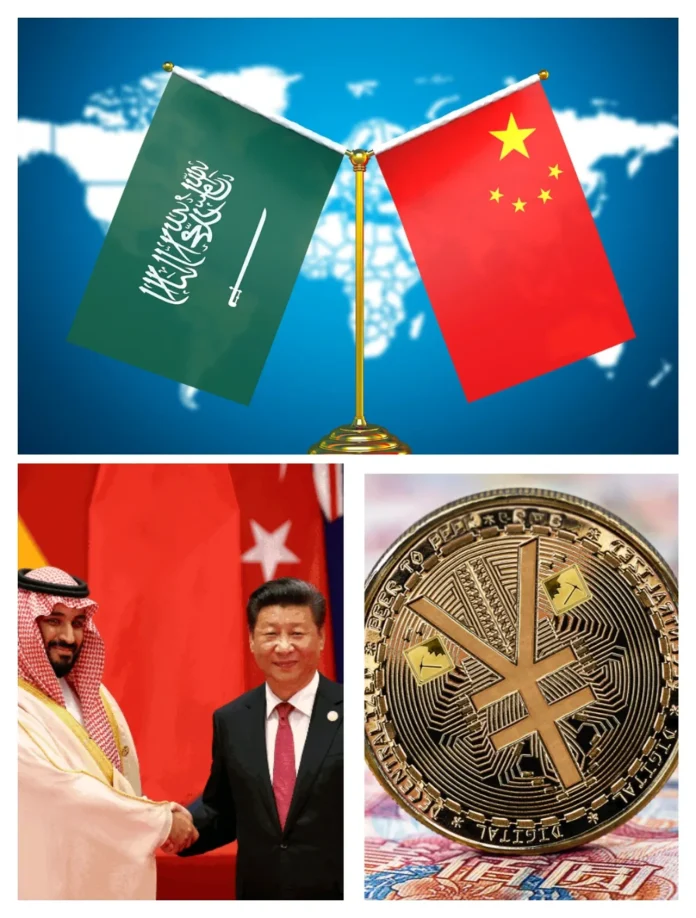People’s Bank of China and Saudi Central Bank Sign Landmark Currency Swap Agreement
In a groundbreaking move, the People’s Bank of China (PBC) and the Saudi Central Bank (SAMA) jointly signed a local currency agreement on 20th November 2023, signaling a significant leap in financial cooperation between the two nations. The currency swap, valued at 50 billion yuan ($6.98 billion USD) or 26 billion Saudi riyals, is set to be effective for three years, with provisions for extension upon mutual agreement.
Strengthening Financial Ties and Promoting Trade
This strategic move, approved by the State Council, aims to bolster financial cooperation, expand the utilization of both the Chinese yuan and Saudi riyal, and facilitate trade and investment. The People’s Bank of China emphasized its commitment to advancing bilateral currency swaps and local currency settlement cooperation with other central banks, utilizing these instruments to support the development of the offshore yuan market and streamline trade and investment processes.
This agreement marks the 30th swap signed by the PBC over the past decade, reflecting China’s active engagement in fostering financial partnerships globally. In the Middle East and North Africa, China has previously entered into similar agreements with the United Arab Emirates, Qatar, and Egypt.
Understanding Currency Swap and its Implications
Biplab Bal, a financial advisor, simplifies the concept of currency swap by stating, “Currency swap is exactly what it sounds like. Suppose today India and Japan do currency swap. India can use Rupee and Yen both for international trade. So, lower interest rates.”
In practical terms, a currency swap encourages the use of the Chinese Yuan for international trade in Saudi Arabia, challenging the dominance of the US Dollar globally. This move contributes to the internationalization of the Chinese Yuan and allows for more favorable loan rates in the local currency, compared to borrowing money from a local bank.
Global Context and Historical Precedents
This move echoes similar agreements in the global arena. In 2018, India and Japan signed a bilateral currency swap agreement worth $75 billion, aiming to bring stability to forex and capital markets in India. Such arrangements contribute to a diversified global financial landscape and reduce dependence on a single dominant currency.
Decoding Forex and its Role in Global Economics
Forex, or Foreign Exchange, is a global marketplace for exchanging national currencies for various purposes such as commerce, trading, or tourism. Biplab Bal explains, “Forex Trading is basically making use of the purchasing power parity to our advantage and getting profits via exchanges.”
The purchasing power parity is exemplified through the hypothetical scenario of international travel and currency exchange. The Forex market operates on the principle of exploiting differences in currency values to gain profits through exchanges.
Impact on India and Potential for Economic Growth
The currency swap agreement between China and Saudi Arabia, as well as similar agreements globally, reflects a paradigm shift in international financial dynamics. Biplab Bal anticipates positive implications for international trade, a reduction in dependence on the US Dollar, and lower interest rates contributing to overall economic growth.
In conclusion, this move is seen as a strategic step towards financial inclusivity, fostering economic partnerships, and reducing reliance on a single dominant currency in global transactions.
Sources: Various News Agencies
By Soujanya Das Roy, Kolkata, reporting for True to Life
